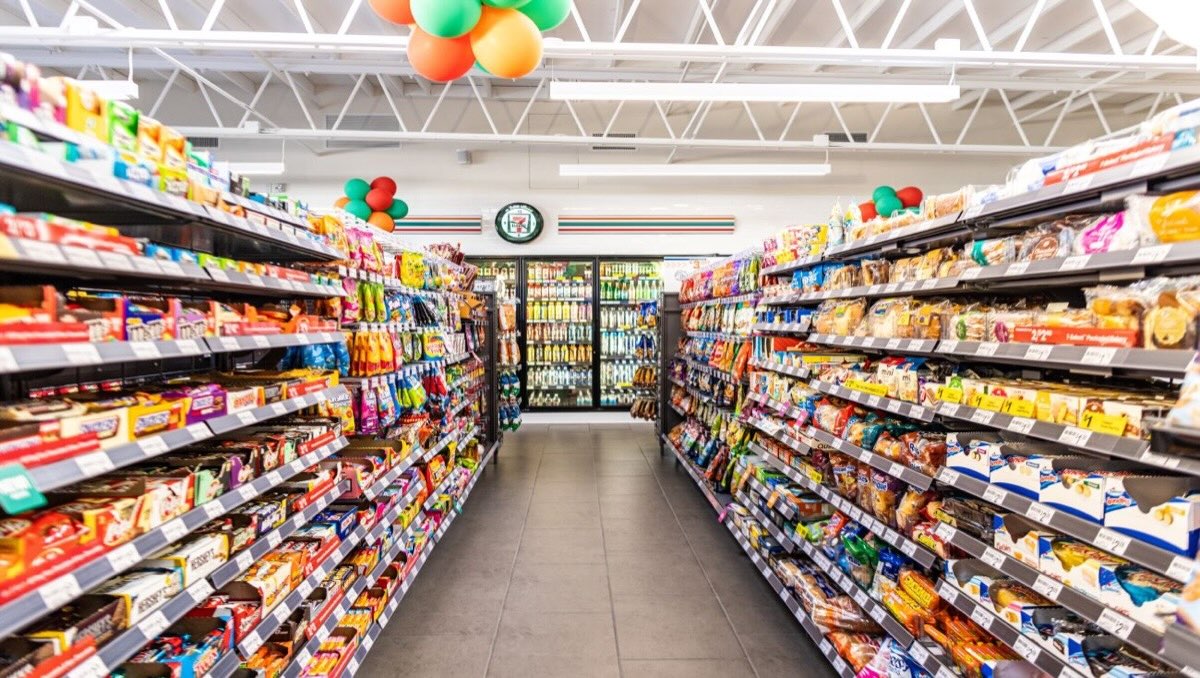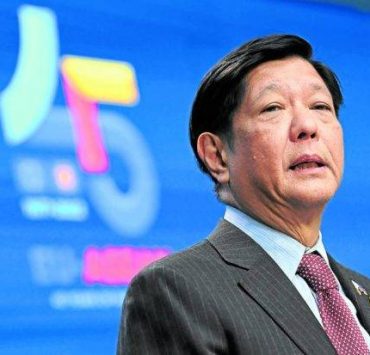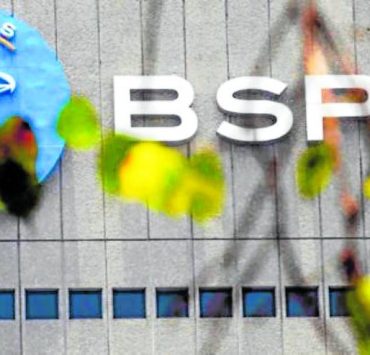7-Eleven PH earmarks P4.5B for old, new stores

The local operator of 7-Eleven plans to spend P4.5 billion this year to refurbish old stores while rolling out new ones as it seeks to breach a 4,000-branch mark.
Listed Philippine Seven Corp. (PSC) told reporters last week it had planned to open a total of 450 new convenience stores this year, 170 of which have already been set up. 7-Eleven, whose first store in the Philippines opened in 1984, is now nearer its goal with 3,938 stores currently.
Lawrence de Leon, PSC head of finance and investor relations, said 60 percent, or 270 stores, of the 450-store target would be franchises, while the remaining 40 percent, or 180 stores, would be company-owned.
“We’re also allotting budget out of the P4.5 billion to remodel older stores as we renew the contracts for existing stores,” De Leon said during a press briefing.
Luzon currently serves as 7-Eleven’s largest market with nearly 3,000 stores. The Visayas and Mindanao have 552 and 410 stores, respectively.
While logistical challenges slowed down growth outside Luzon, PSC president and CEO Jose Victor Paterno said they were now seeing heightened investor interest in the Visayas and Mindanao due to shifting consumer behavior.
“There’s a lot of demand because all of a sudden people have more [money] to spend, but there are not enough convenience stores to provide that,” Paterno said.
“We’ve accredited more contractors in the Visayas and sent business development staff … everybody’s expanding so we want to move fast,” the CEO added.
PSC saw its bottom line in the first quarter grow by 21 percent to P639.25 million on higher sales. System-wide sales jumped by 19.7 percent to P22 billion.
A shift in consumer behavior due to the pandemic also pushed PSC to offer other services, such as housing automated teller machines (ATMs).
According to PSC, it had 3,087 ATMs covering 80 percent of its store network as of March.
PSC in 2021 partnered with Pito AXM Platform Inc., the local subsidiary of Japan-based Seven Bank Ltd., to install ATMs in branches, a service that has long been available in international counterparts.
“We understood that the pandemic had fundamentally altered consumer behavior,” Paterno said in a separate statement. “By adapting our strategies to meet these new demands, we were able to not only survive but thrive in a challenging environment.” INQ

















